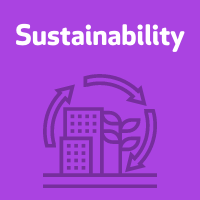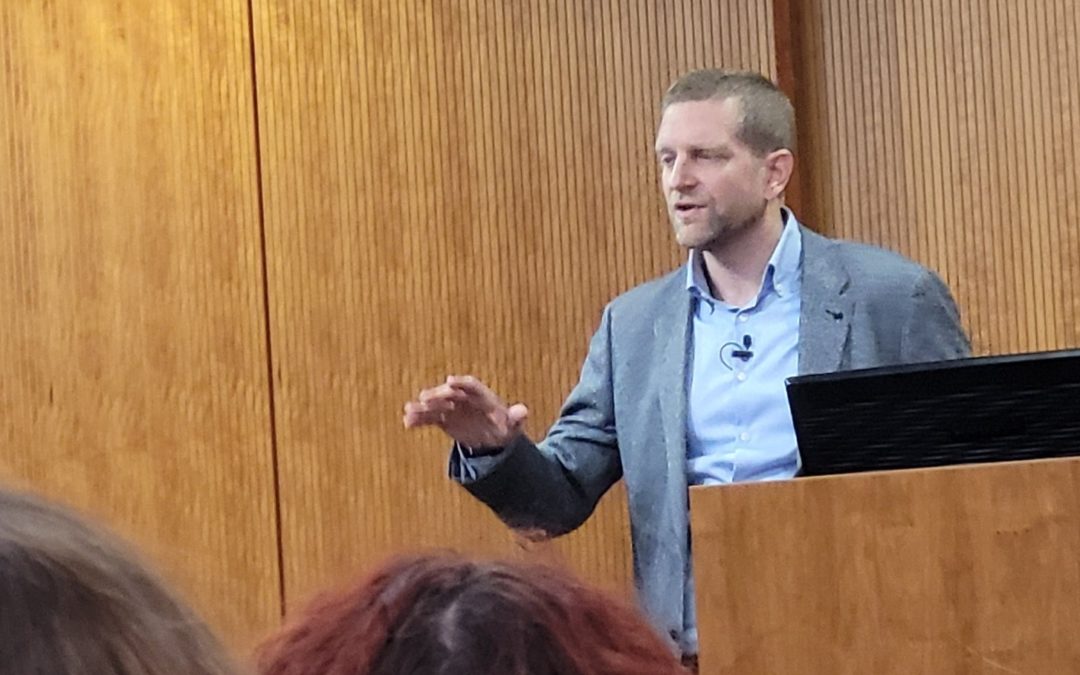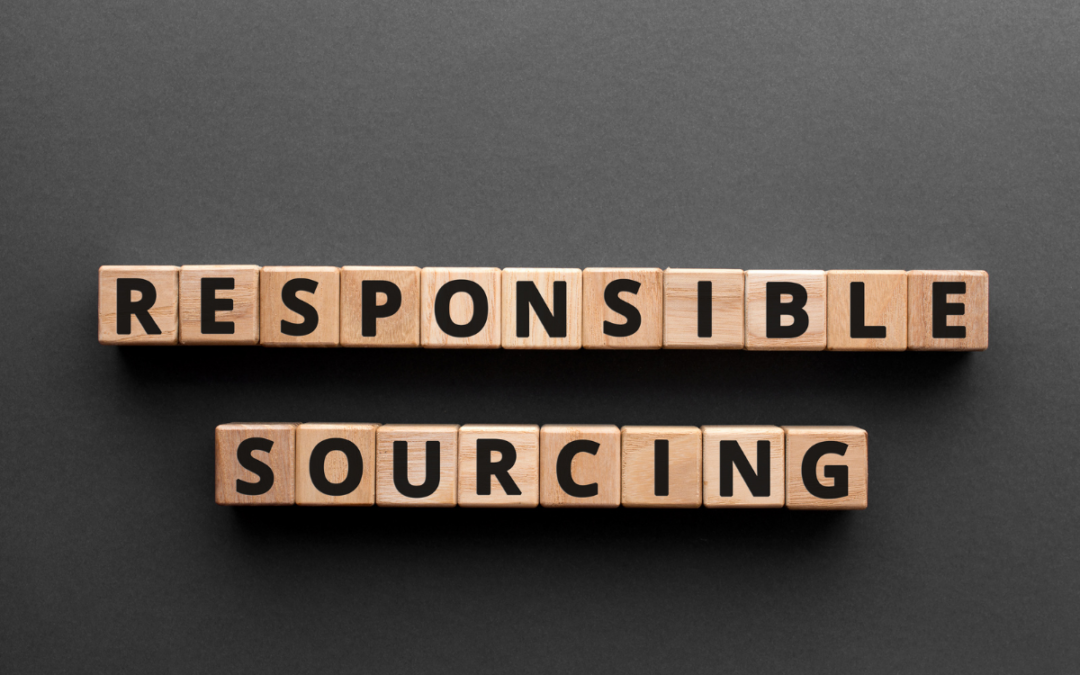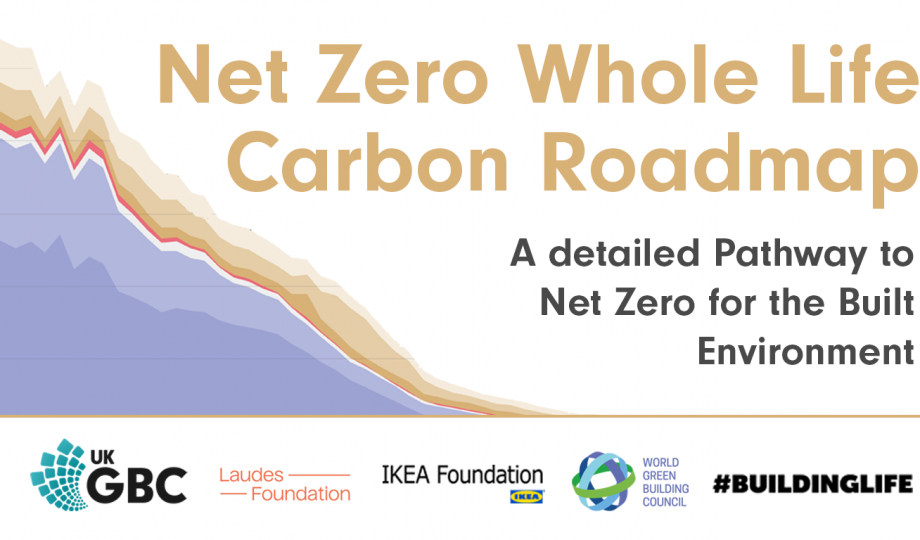Last month I signed up to attend the Inspiring Change Event in London – the focus, creating a fair and inclusive environment in construction centred on respect.
It is vital subject on so many levels not least because we have a HUGE skills and labour shortage, but also because it is about creating a better working environment. Long story short, a phone call about three weeks before the event and I found myself the other side of the microphone giving a keynote talk on why I had completed the training to become a FIR Ambassador!
I often find in construction that there is an abstract concept of the industry, how people think construction should work (or worse think it does work) and then there is the reality, how we get it done despite it all. These two versions of our industry can seem miles apart.
This is what I chose to talk about at Inspiring Change, not great stuff that is done (others covered positive examples well and I highly recomend checking them out via the event link below), but the gritty reality of when and why we get it wrong, starting firmly with me, myself and I. I focussed on all the times I have shied away, gotten it wrong and worse, knowingly watched others get it wrong. The excuses I have used, how I have kidded myself that I was part of the solution rather than the problem. Both preparing for and listening on the day reminded me again that this agenda is central to who we want to be as a sector. It isn’t all about all about gender or disability or conscious and unconscious bias, it is simpler. It is about being better and making sure we take the time to understand, that we help others to understand and that we don’t walk past or look the other way when there is a problem or an opportunity to be better. This is what we aspire to do on construction sites when it comes to risk management and getting the job right – this is what we need to do in our communities. This is ultimately how we will make this industry an attractive one that draws the best people in – an industry that demonstratively cares about our people.
The biggest thing I learned in the FIR Ambassadors course was how ignorant I am in terms of disability and neural diversity. This was further reinforced at the Inspiring Change event. I don’t have a disability, I am lucky, but data from Kier suggested 10% of the workforce do (remembering 96% of disabilities are non visible). A number that really jumped out at me was that the average age someone develops one is 53 – it could still be me. The stats around diabetes in construction are particularly concerning, but to be honest I had never linked them to the work we do on competence. If we don’t make the right allowances are people always competent to do the job? There was some fascinating insights into flexible working on sites and the positive impact this had for Willmott Dixon (see Agile Working Toolkit below), sometimes it is easy to assume there isn’t a better way because we can’t imagine it working. The early indicators are that at Willmott Dixon there have seen some real benefits, not just linked to happiness, but productivity too.
I always judge a conference by the take away. It is not a cliché to say I left this one inspired, not just by the people and stories, but the opportunity.
As a sector we talk a lot about modern methods of construction, value led procurement, but they become buzz words, panacea fixes rather than genuine change processes. At this event we stepped back and thought about the greater good we can do – the social value we can deliver. It is mind-bogglingly enormous. If we get it right, we are not just fishing in a wider pool when it comes to shortages of people, but we are rebuilding lives and starting to fish at the top of the pool – because who wouldn’t want to work in a sector that makes this much difference – delivers value with values? We aren’t perfect, but if we slow down a bit and keep in mind the benefits to diversity in our workforce we can step beyond some of the adversarial behaviours and then we are perfectly poised to be much much better and to do an awful lot of good in the process!
So if you have a Section 106 to fulfil and/or a moral desire to do what you do in a better way, give me a buzz (07792 959 481). I may not have all of the answers, but I can listen, learn, reflect. FIS is a platform for action and we are blessed with ever expanding network of people who can help and are committed to making a difference.
You can access the slides from the event and learn more about the Inspiring Change Award winners announced at the event here
Key resources that were highlighted and are definitely worth looking at- Agile Working Toolkit, Supply Chain Sustainability School (Benchmarking Toolkit, Training Resources and more on becoming a FIR Ambassador), find out about becoming a STEM Ambassador, Disability Confident Employers Support, British Association of Supported Employers (promote the principles and delivery of high quality Supported Employment services and work to improve the employment rates of disabled people), Diabetes Safety Advice,,
You can access the full FIS FIR Toolkit here
Written by Iain McIlwee, CEO, Finishes and Interiors Sector
16th December 2021







 The Roadmap sets out policy recommendations for central and local governments to help drive and enable the transition needed to decarbonise the sector. These go beyond the recently published UK Government Heat & Buildings strategy and cover existing homes, existing non-domestic buildings and new buildings as well as for the infrastructure which connects our buildings and industry.
The Roadmap sets out policy recommendations for central and local governments to help drive and enable the transition needed to decarbonise the sector. These go beyond the recently published UK Government Heat & Buildings strategy and cover existing homes, existing non-domestic buildings and new buildings as well as for the infrastructure which connects our buildings and industry.